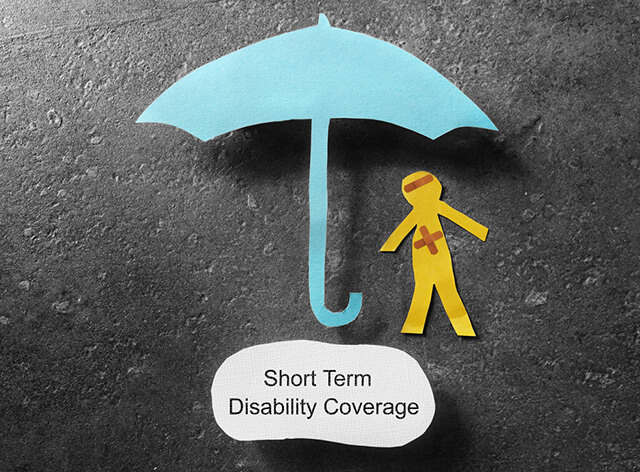If a severe injury, serious illness, or other debilitating medical impairment is preventing you from going to work, you may be entitled to receive long term disability benefits. This raises an important question: What steps do you need to take to file for long-term disability benefits? The answer depends, in part, on specific terms of your policy. In this article, you will learn four important steps that you need to take when filing a claim for long-term disability benefits through a private plan.
Four Key Steps to Claim Your Long-Term Disability Benefits
1. Get All Necessary Medical Care and Follow-Up Care
As a starting point, an applicant for disability benefits should ensure that they are getting all of the proper medical treatment and follow-up care. Remember, you will not be able to successfully claim disability benefits—either through a private long-term disability insurance policy or through a Social Security disability claim—unless you have comprehensive medical records documenting the existence and severity of your condition. While you may not have all of the supporting medical information that you need at the outset of the process, it is important to get organized.
2.Obtain, Complete, and Submit the Application
Most private long-term disability insurance policies are sponsored by employers. The Employee Retirement Income Security Act of 1974 (ERISA) is a federal law that regulates all employer-based short-term and long-term disability plans offered in the United States. If you have private disability coverage from a non-employer source (individual market), then that plan is likely regulated by state law. Regardless, you will need to get all of the required application forms—either from your employer or directly from the insurance company. The forms should be completed and submitted in a timely manner.
3.File for SSDI Benefits If Required to Do So
When filing for disability benefits through a private insurance company, it is imperative that you carefully comply with all of the requirements contained within the policy. Notably, you may be required by your LTD plan to file for SSDI benefits, Indeed, many private long term disability insurance plans state that a policyholder/beneficiary must file for SSDI benefits and/or SSI benefits as part of making a claim. Failure to file for SSDI/SSI could result in the delay or denial of your claim.
4.Be Ready to Seek Professional Legal Representation
Unfortunately, many people struggle to get access to the full and fair disability benefits that they rightfully deserve. Private insurance companies are primarily interested in their own bottom line—not in the best interests of policyholders and beneficiaries. An insurer does not get to make the final decision on a long-term disability claim. You have the right to appeal an adverse decision. For ERISA disability policies, there is a 180 deadline to appeal. For non-ERISA disability policies, you may have less time to take legal action. No matter the specific circumstances of your case, an experienced disability lawyer can help you pursue the full financial benefits that you deserve.
















